Combatting racism and injustice against Black people requires both thought and action. To help inform changes in your own life, read, listen to, watch, and discuss the work of scholars, faculty, and students from the Northeastern community.
-
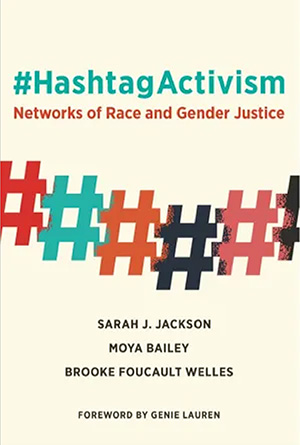
Moya Bailey, Brooke Foucault Welles, and Sarah J. Jackson
This book, currently available free of charge via MIT Press, details how marginalized groups anticipate inaccurate rhetoric and publicize counternarratives through the diverse networks they assemble on social media.
-
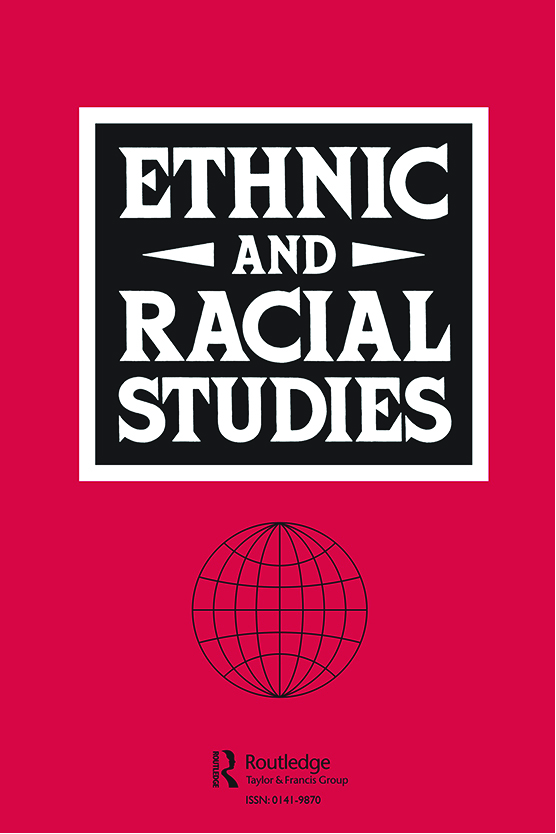
Tiffany D. Joseph and Laura E. Hirshfield
Joseph and Hirshfield criticize the outsized burden placed on non-white faculty, who not only experience racism but are taxed by tasks of representation, such as sitting on multiple committees and “serving as ‘departmental experts’ for their particular ethno-racial group.”
-

Rod K. Brunson and Richard Wright
In this article, written in the wake of the killing of Michael Brown in Ferguson, Missouri, two criminologists inspect their field of study, which originated from a mandate for police officers: “It grew out of an optimistic assumption that providing officers with a criminal justice education somehow would help to improve police-minority relations and that in turn somehow would reduce social unrest.”
-

Patricia J. Williams
In this autobiographical text, Williams inspects the intersection of race, class, and gender. There are no boundaries, she argues, with oppression in one area affecting one’s autonomy in others.
-

Milton Posner and Beza Zenebe
As with critics of Colin Kaepernick’s choice to kneel during the national anthem in response to police violence, people who oppose the logistics of current protests obscure their purpose, write these students: “Once public focus shifts to the method of protest, the substance fades away.”
-
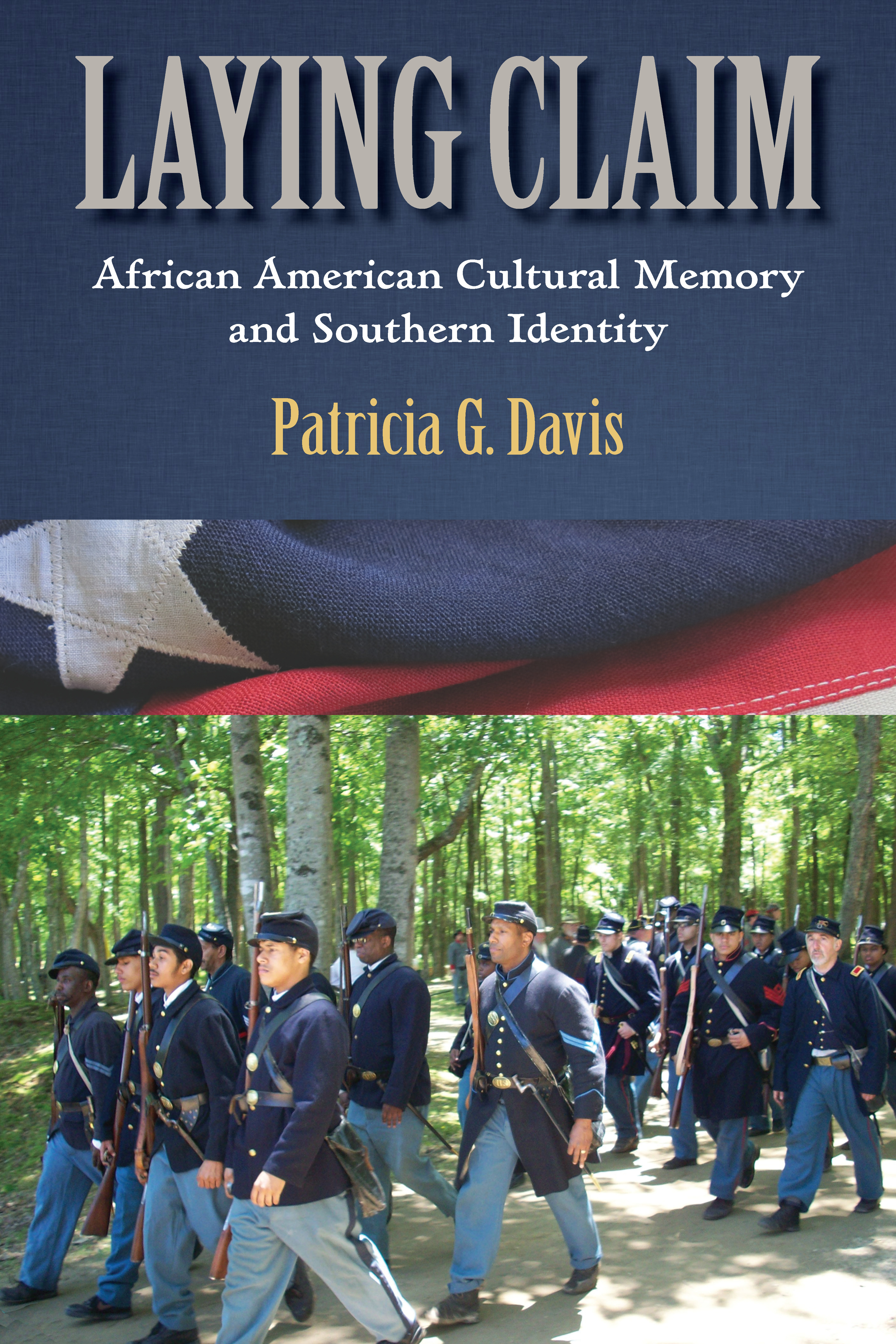
Patricia G. Davis
Davis unravels the dominant beliefs about the Civil War, reinserting Black voices into the narrative of Southern life and, in doing so, emphasizing the deserved place of Black people in public and cultural memory.
-

foreword by Nicole N. Aljoe
Students of the John D. O’Bryant School of Mathematics and Science in Roxbury, Massachusetts, retell the dominant narratives of history and bring the voices and stories of oppressed people to the fore.
-

Rod K. Brunson and Kashea Pegram
Brunson and Pegram analyze how when police officers decide which young people to target, monitor, approach, and arrest, they hold and unleash the potential to perpetuate the damaging inequality of the justice system.
-
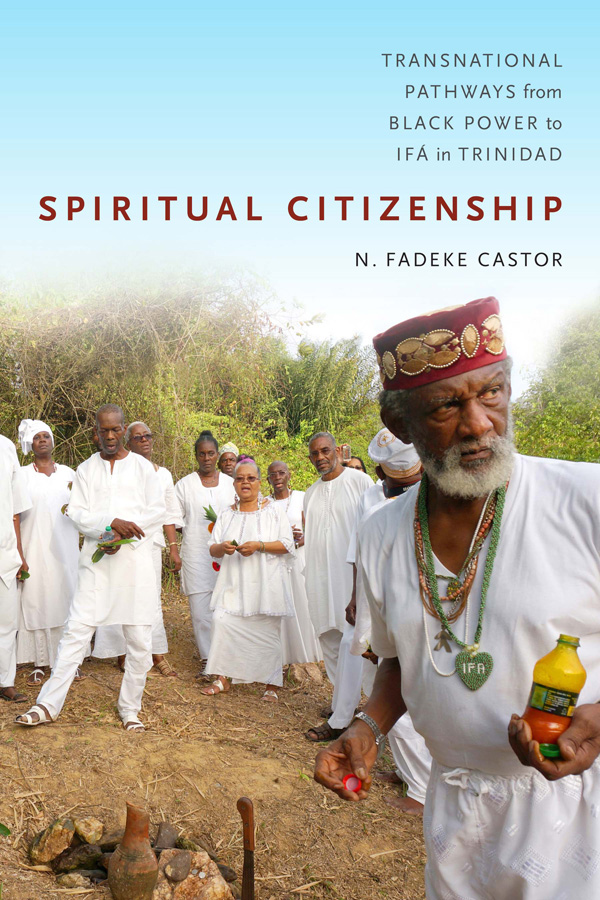
N. Fadeke Castor
With almost 20 years of field work in Trinidad, Castor shows how modern religious practices on the island evolved not only in response to white imperialists’ forceful removal of Black people from Africa, but as a means to imagine a world without it.
-
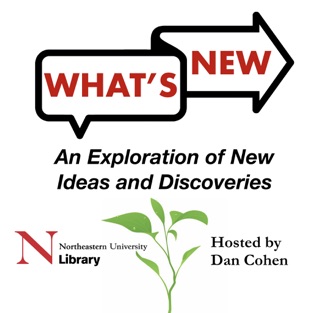
Margaret Burnham, speaking with Dan Cohen, dean of Northeastern libraries, discusses restorative measures for Black people who were unjustly killed (“Seeking Justice for Hidden Deaths”), and in “Hashtag Activism”, Moya Bailey and Brooke Foucault Welles talk about their book of the same name, exploring how people have rallied collectively online to extend their action beyond the digital world.
-
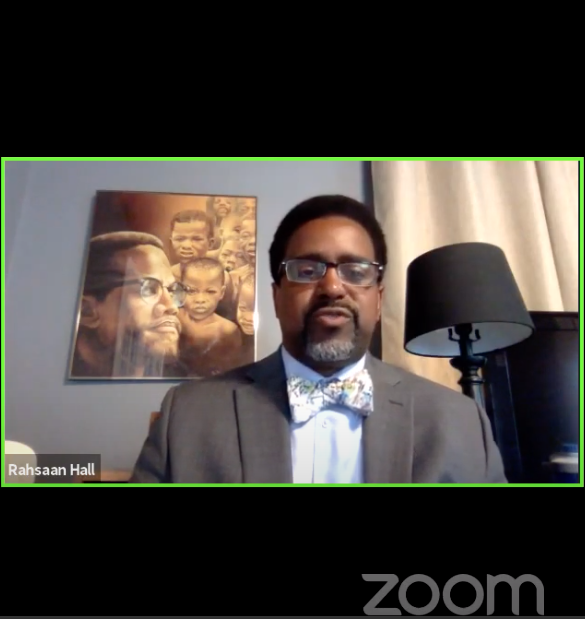
Rahsaan Hall, law school graduate and current director of the racial justice program for the American Civil Liberties Union of Massachusetts, spoke with Mielle Marquis on June 5 about the parallels between recent and past killings of Black people, as well as what this says about racial inequity and the need for police reform.
-
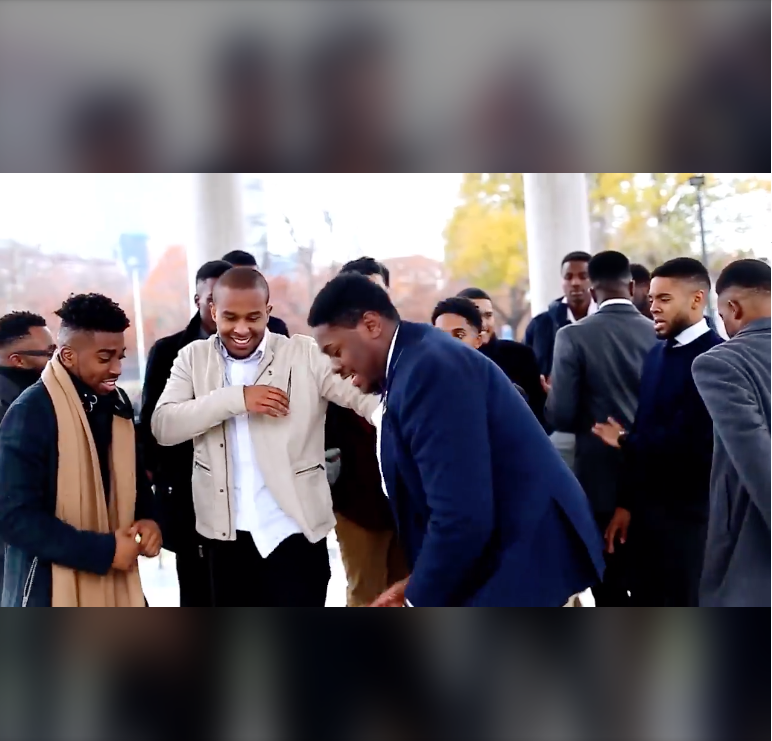
In response to harmful and false associations of violence and aggression with black men, graduate Brendan DeVoue created a social media campaign in 2018 to celebrate their successes, happiness, and versatility: “Those are things that aren’t usually shown when you’re talking about black men.”
Explore these additional resources, recommended by deans of Northeastern colleges. You can find additional materials in the Northeastern libraries’ diversity guide. This guide will be updated on an ongoing basis with recommendations from students, faculty, and staff.
Read
Books
Americanah, Chimamanda Ngozi Adichie
Bad Feminist, Roxane Gay
Between the World and Me, Ta-Nehisi Coates
Black Feminist Thought: Knowledge, Consciousness, and the Politics of Empowerment, Patricia Hill Collins
Emergent Strategy: Shaping Change, Changing Worlds, adrienne maree brown
Faces at the Bottom of the Well: The Permanence of Racism, Derrick Bell
How to Be an Antiracist, Ibram X. Kendi
I Know Why the Caged Bird Sings, Maya Angelou
Me and White Supremacy: Combat Racism, Change the World, and Become a Good Ancestor, Layla F. Saad
My Life, My Love, My Legacy, Coretta Scott King
Sister Outsider: Essays and Speeches, Audre Lorde
So You Want to Talk About Race, Ijeoma Oluo
The Bluest Eye, Toni Morrison
The Color of Law: A Forgotten History of How Our Government Segregated America, Richard Rothstein
The Fire Next Time, James Baldwin
The New Jim Crow: Mass Incarceration in the Age of Colorblindness, Michelle Alexander
The Souls of Black Folk, W.E.B. Du Bois
The Source of Self-Regard: Selected Essays, Speeches, and Meditations, Toni Morrison
Toward an Intellectual History of Black Women, Mia E. Bay, Farah J. Griffin, Martha S. Jones, and Barbara D. Savage
White Fragility, Robin DiAngelo
Women, Race, & Class, Angela Y. Davis
Articles
“6 Ways Asian Americans Can Tackle Anti-Black Racism in Their Families,” Kim Tran
“11 Things To Do Besides Say ‘This Has To Stop’ In The Wake Of Police Brutality”, Brittany Wong
“How to Make this Moment the Turning Point for Real Change”, Barack Obama
“How to Tell the Difference Between Real Solidarity and ‘Ally Theater’”, Mia McKenzie
“Talking to Kids About George Floyd”, Harold S. Koplewicz
“The Case for Reparations”, Ta-Nehisi Coates
Collections
21-Day Racial Equity and Social Justice Challenge, YWCA Greater Cleveland
Anti-Racism Resources for White People, Sarah Sophie Flicker and Alyssa Klein
Anti-Racist Pedagogy Guide, University of Southern California
Watch
13th (Netflix), Ava DuVernay
Freedom Riders (Amazon), Stanley Nelson
“How we can make racism a solvable problem—and improve policing” (TED), Phillip Atiba Goff
Just Mercy (YouTube), Destin Daniel Cretton
“Post-Traumatic Slave Syndrome: The Syndrome Passed on Through Generations”, Dr. Joy DeGruy
When They See Us (Netflix), Ava DuVernay
Listen
#TellBlackStories
1619
Code Switch
Hear to Slay
It’s Been a Minute with Sam Sanders
Jemele Hill is Unbothered
“Robin DiAngelo on White Fragility” (episode from Good Ancestor)
Small Doses with Amanda Seales
Still Processing
The Diversity Gap
The Nod
Turning the Lens: Seeing White (mini series from Scene on Radio)
What A Day
For media inquiries, please contact media@northeastern.edu.
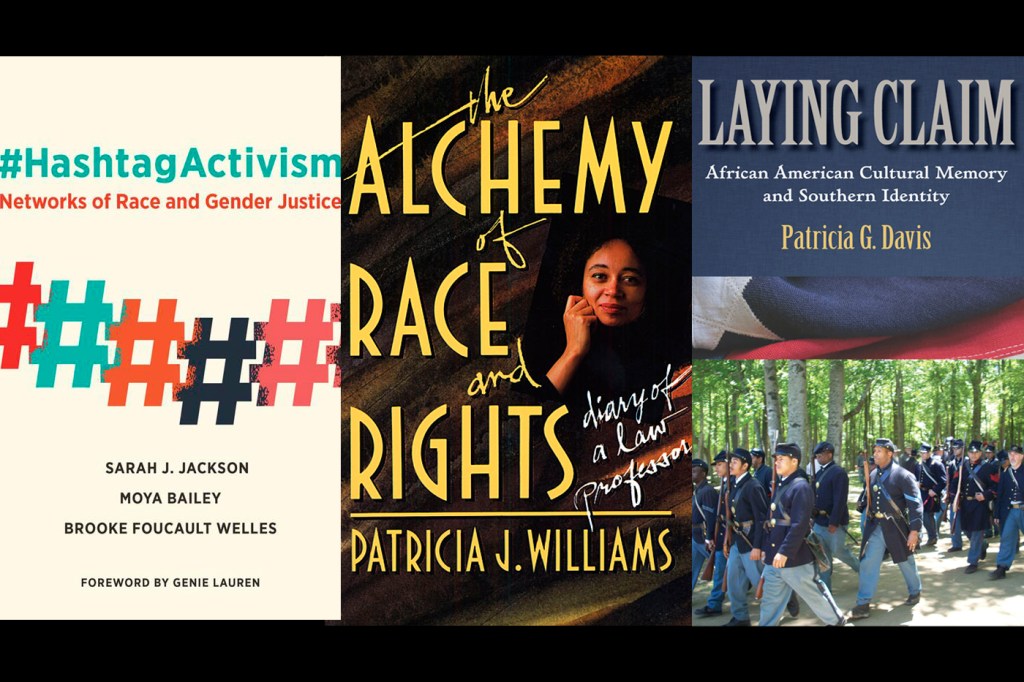
 Read
Read Listen
Listen Watch
Watch













